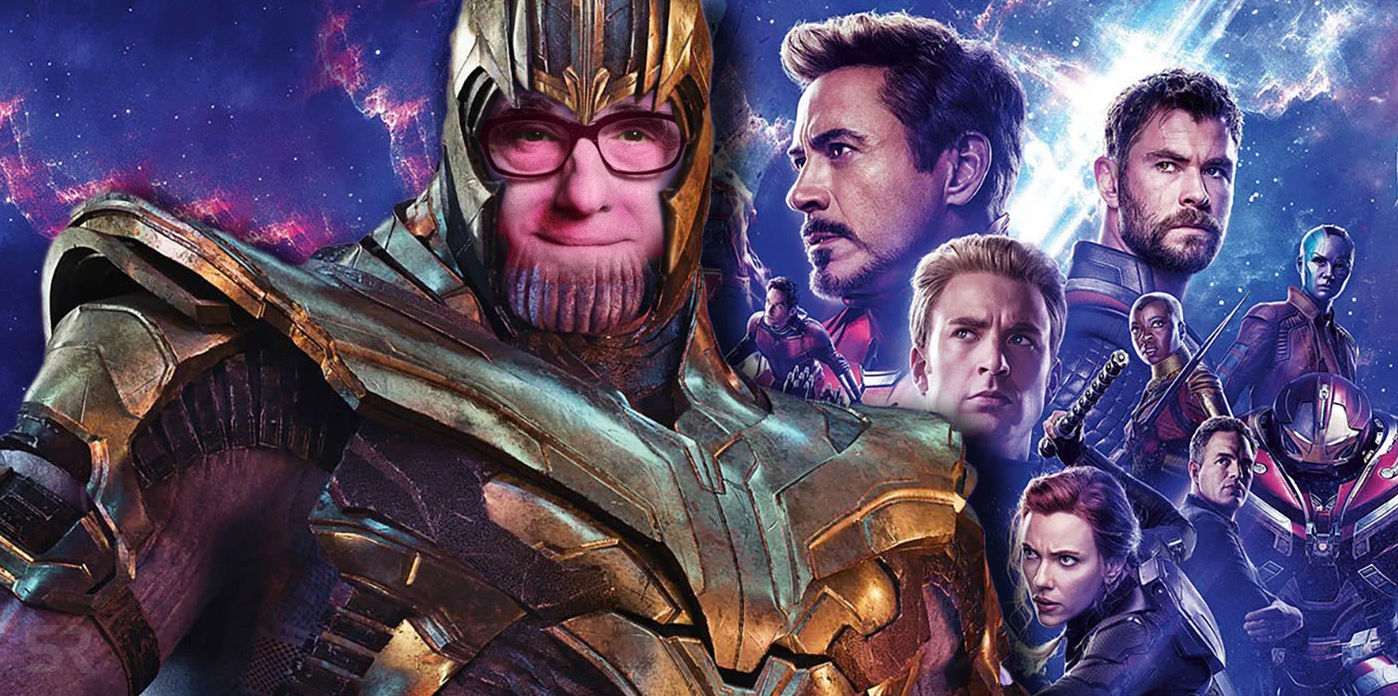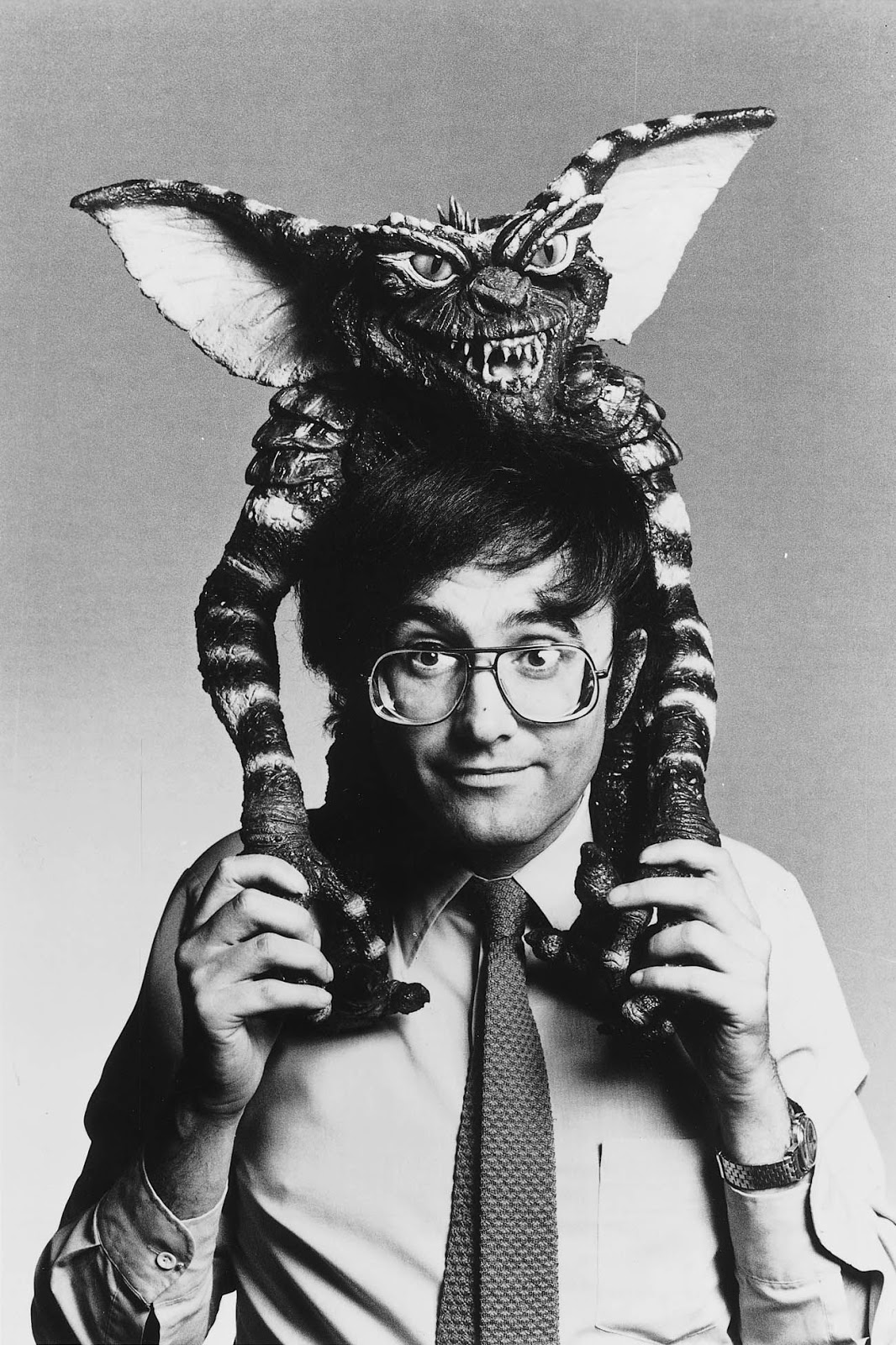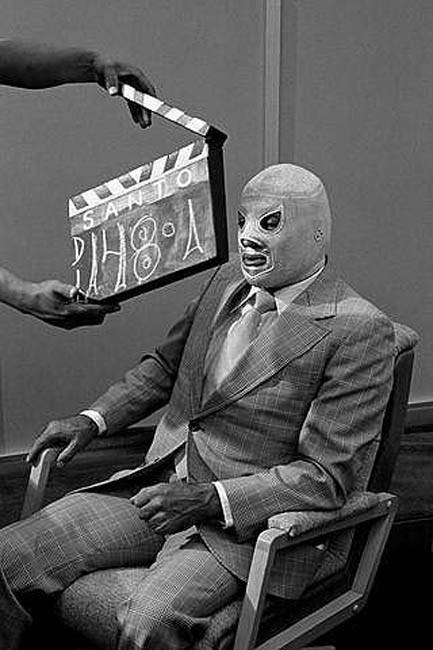Scorsese VS the Marvel Universe
Time has come for me to weigh in on the polemic that has taken over the Facebook feeds of film aficionados and Marvel movies fans for the last few weeks. I myself have enjoyed the MCU films tremendously, and also happen to consider Martin Scorsese a National Treasure, having seen most of his films, and counting some of them among my all-time favorite movies of all time.
The man who is considered by many as one of the best living director, and a film scholar by excellence, stated the following words to Empire about Marvel movies:
“I don’t see them. I tried, you know? But that’s not cinema. Honestly, the closest I can think of them, as well made as they are, with actors doing the best they can under the circumstances, is theme parks. It isn’t the cinema of human beings trying to convey emotional, psychological experiences to another human being,”
What followed was a rash of uninspired interviewers asking that same query to other legendary film-makers, some as far removed from the genre as one possibly could.
British director Ken Loach, for instance, stated the following to Sky News:
“They’re made as commodities…like hamburgers. It’s about making a commodity which will make profit for a big corporation. They’re a cynical exercise. They’re a market exercise, and it has nothing to do with the art of cinema.”
Francis Ford Coppola went a bit further:
“When Martin Scorsese says that the Marvel pictures are not cinema, he’s right because we expect to learn something from cinema, we expect to gain something, some enlightenment, some knowledge, some inspiration. I don’t know that anyone gets anything out of seeing the same movie over and over again. Martin was kind when he said it’s not cinema. He didn’t say it’s despicable, which I just say it is.”
Let's think about those comments for a while.
First, what is the nature of cinema? Can a comic book adaptation, a blockbuster, a remake or a sequel be cinema?
Can a Marvel film, as mercantile as it is, be considered cinema? Obviously, Marvel has become by now synonymous with huge tent-pole movies and blockbusters. Something that isn't quite new to cinema. While a new era of blockbusters was spawned in the seventies with Steven Spielberg's JAWS (1975) and George Lucas' STAR WARS (1977), popular film series like the JAMES BOND films (started in 1962) or the PLANET OF THE APES series (Started in 1968), have been attracting crowds to the concession stands well beforehand, with familiar characters and situations returning from film to films. Even back in the forties, Universal Pictures had created a cinematic universe where its monsters like Dracula, Frankenstein and the Wolfman would cross paths from film to film.
None of those films could be considered deep by any stretch of the imagination. However, they all provide one of the primal elements needed to be considered cinema; they bring the audience to a different world, idealized, stylized, that reflects our own as if through a fun-house mirror. Observations of our own society often lives in the subtext, instead of being worn on the sleeve like in an Ingmar Bergman movie. One has to dig deeper to find meaning, but it's all there if you look for it. It also depends on everyone's own life experience on how they react and read a movie.
To quote Lex Luthor from SUPERMAN: THE MOVIE (Richard Donner, 1978):
''Some people can read War and Peace and come away thinking it's a simple adventure story. Others can read the ingredients on a chewing gum wrapper and unlock the secrets of the universe.''
In other words, Art, like beauty, is in the eye of the beholder.
What was it that Marty said about Marvel films?: '' It isn’t the cinema of human beings trying to convey emotional, psychological experiences to another human being.”
I would tend to disagree. IRON MAN, THOR and DR. STRANGE are about the redemption of fallible and vain human beings (or God) who have to question their choices in life and evolve as a result. The last act of CAPTAIN MARVEL posits a potent statement about feminism and women empowerment, after a long search for identity. The beginning of AVENGERS: ENDGAME is a powerful vision of a decimated world where loss and grief smother its inhabitants, including its heroes, and there is no denying the emotional wallop the ending packs. The conclusion of (Oscar nominated) BLACK PANTHER sees its dying villain requesting to view one last time a sunset, and ask to be buried ''in the ocean, with my ancestors that jumped from the ships, because they knew death was better than bondage.". Later on, as Wakanda makes its first speech at the UN, T'Challa states that. "In times of crisis, the wise build bridges while the foolish build barriers." We would guess the American President would disagree.
While these examples do not represent in any ways the depth that could be achieved in loftier movies, including those directed by Scorsese himself, they are also far beyond what would be characterized as a Theme park ride. Also, the often layered performances by the seasoned thespians that populate those films breathe life in characters that are from often rather simplistic and humble origins, in the pages of quickly produced comic books, often cranked out overnight in a coffee induced creative spurt to meet a publishing deadline. The writers also have managed to capture the humanity and essence of those characters that was hinted and have grown in the comics over the years.
At the 2019 Hollywood Awards, Mark (Hulk) Ruffalo, puts it best: "What really speaks to people about these movies, I think, is the heart and humanity of characters, that’s what makes Avengers: Endgame so powerful to witness — these characters that care about and reckon with the world around them ... to watch them struggle and survive and sometimes even say goodbye. That’s what makes it cinema."'
I would surmise indeed to say that a blockbuster can indeed be cinema. So are remakes and sequels, as they have been around almost as long as cinema existed. in 1904, Siegmund Lubin was already offering a remake of Edwin S. Porter's 1903 film THE GREAT TRAIN ROBBERY. As for sequels, D. W. Griffith's BIRTH OF A NATION (1916) was followed a year later by FALL OF A NATION. Examples abound for early sequels and remakes in the history of cinema that clearly sets them as part of the art form. And comic strip heroes were adapted into movies and serials starting in the thirties, with FLASH GORDON, BUCK ROGERS and the likes. From the very beginning, a ''lack of originality'' has been part of cinema. To deny it is like embracing only abstract art and rejecting figurative paintings.
By its very nature, cinema is a mercantile art. To create and market a film is such an expensive endeavor, it has to make money for the artist to be able to keep creating. Like a painter having to sell his paintings to be able to buy more canvas and paint, as well as eat, of course.
Legendary filmmaker Roger Corman, questioned about the polemic in the Hollywood Reporter, explained it rather well: ''I think, except for the exceptional pure art film, all motion pictures are combinations of business and art. I’ve read what they said, and I think I agree with them to a certain extent. As pure cinema, as a pure art form, these films don’t qualify. But, if you say it is a combination of an art form and a business, then they do qualify.''
Isn't it awfully elitist and snobbish to decide WHAT is cinema in the first place. Ken Loach himself stated :
''Films should be as broad as a library. It should have every kind of story and situation we can imagine. Whether it’s funny, sad, tragedy, comedy, documentary, whether it takes us to foreign places or reflects the world we live”
So does a film have to help you redefine your values and moral choices, and make you think, to be considered cinema? Or can it also make you feel, either sad or elated, joyous or scared? Can it thrill you or keep you on the edge of your seat? Can it make you stand up and cheer? Can it make you laugh either at its own ineptitude, or at its very wit?
If you perused my list of my favorite films, you would find side-to side Akira Kurosawa's IKIRU and Ed Wood's PLAN 9 FROM OUTER SPACE. I cry at the humanity beautifully explored through Takashi Shimura's trek though his fatal illness and his quest for meaning, and I wonder at the glorious incompetence and surreal dialogues of Ed Wood's ''masterpiece''. Who am I to say that one of those films is true cinema and the other isn't. Certainly one may be ''Great'' cinema. But is it any truer?
 |
| Takashi Shimura in Kurosawa's masterpiece IKIRU, or Maila Nurmi in Ed Wood's PLAN 9 FROM OUTER SPACE. Both qualifying as True Cinema. |
In his November 4, 2019 Op Ed in The New York Times, Scorsese specify: ''For
me, for the filmmakers I came to love and respect, for my friends who
started making movies around the same time that I did, cinema was about
revelation — aesthetic, emotional and spiritual revelation. It was about
characters — the complexity of people and their contradictory and
sometimes paradoxical natures, the way they can hurt one another and
love one another and suddenly come face to face with themselves. It
was about confronting the unexpected on the screen and in the life it
dramatized and interpreted, and enlarging the sense of what was possible
in the art form.''
I agree that some of the best films I ever saw does involve this complexity, yet, again, this is extremely disrespectful to a wide array of cinema that built its main strength on something other than depth of character. Are you telling me, Marty, that Laurel & Hardy, Buster Keaton and the Marx Brothers didn't make cinema? That KING KONG (1933), GODZILLA and THE BRIDE OF FRANKENSTEIN (1935) aren't cinema? Of all people, would you accuse George Méliès, who you so beautifully paid tribute to in HUGO (2011), of not being a ''cinéaste'', since his movies weren't about anything deeper than entertaining its viewers.
In fact, the blockbusters of today are the direct descendants of Méliès, often more interested in throwing dust in the eyes of the moviegoers in an attempt to dazzle them and bring them magic and wonders. Between Lumière's simplistic vignettes and Porter's THE GREAT TRAIN ROBBERY where a narrative story-line was taking shape, along with Méliès and Alice-Guy Blaché's whimsical shorts, there can be found the very foundation of what exists today in movie theaters. The art form has changed,of course, or as been ''enlarged'' to use Scorsese' words. The technology has evolved and acting techniques have matured, and while story-telling is more complex, ultimately, the vast majority of moviegoers more often than not watch movies to escape, not to be challenged.
And that is where the most poignant statement by Scorsese in his Op Ed rings terribly true:
''For anyone who dreams of making movies or who is just starting out, the situation at this moment is brutal and inhospitable to art. And the act of simply writing those words fills me with terrible sadness.''
The situation in theaters right now is indeed critical. Every time a new medium has reared its head over the years, cinema tried to counter with a development that makes the other medium seem insufficient and pale in comparison. In the fifties, when television made its way into people's living rooms, cinemas offered 3-D movies and Cinemascope. In the eighties, as Home video created a generation of movie collectors, cinema brought back once again 3-D as a mean to attract patrons. And now that streaming and downloads redefine the movie-going experience by making the access to movies more immediate, theaters once again resorts to good old 3-D, and a more widespread use of IMAX as a way to feature new films.
 |
| For decades, the promise of spectacle and exclusivity of experience has brought patrons to the theater, using 3-D for instance. |
The movie-going experience shifts now from storytelling to outright spectacle. Desperate theater owners, facing a steady decrease in attendance, attempts to fill their screens with the most attractive and safe bets for profits. Some theaters will even feature an arcade and bumper car rides. In that way, Scorsese is partly right: movie theaters have become amusement parks.
Marvel movies are part of that spectacle by their very nature. But they are not the cause of the malaise; they are a symptom.There is no lack of thought-provoking art films out there, but there is a lack of faith in them by exhibitors, and a growing need to attract patrons. Yet, going to the movies isn't what it used to be.
I used to go to the movies 2 to 3 times a week in my twenties. At the time, 30 years ago, there was a projectionist in every room. If sometime went wrong, he was on it right away. Nowadays, if something goes wrong, you have to search high and low for a theater employee who will then try to find the manager, to set things straight. How many times did I see a film without sound, or with the wrong gate on the lens, with no one in sight to correct the showing. You have to sit through 15 minutes of ads BEFORE the trailers, hostage to the sponsors.
Theaters are cutting on their staff, the showings are lacking, and the attendance is shrinking. In recent weeks, two films that normally would have been hits have bombed at the box office; TERMINATOR: DARK FATE and DOCTOR SLEEP. Both sequels to eighties movie that are cult hits, and both under performed dramatically. It's becoming harder and harder to get asses in seats.
And this is where it gets worrisome for filmmakers like Scorsese, who had to resort to Netflix to finance his latest venture, THE IRISHMAN, which will only have a short life in theaters before it ends up streaming.
There was a time when a new Scorsese was an event, and people would line up at the box-office. But those days are gone, and only real film lovers will bother to go out to the theater to watch something else than a bombastic blockbuster. I can imagine the frustration felt by someone like Scorsese or Coppola.
We live in a world where we can watch a new movie without having to step outside. Older films that would fill the programs of repertory theaters are now available for download or on Youtube. The only thing that seems to make someone go to a movie theater is the promise of something too spectacular to be fully appreciated on a smaller screen. And even that promise doesn't seem to carry the same enticement as before.
There may come a time where Kevin Feige's magic touch with the Marvel movies may come to an end, as the last movie theater will lock its doors for the very last time. Films will be viewed quietly at home, with the added disturbance of the kids playing their latest Virtual Reality game. And in a corner, an old man mutters to himself how this once was a communal experience, where a group would be thrilled and laugh together as one, sharing in one magical moment a common emotion of fear, doubt or exaltation, and cheering in appreciation as the screen would go dark just before the end credits rolled.






Comments
Post a Comment